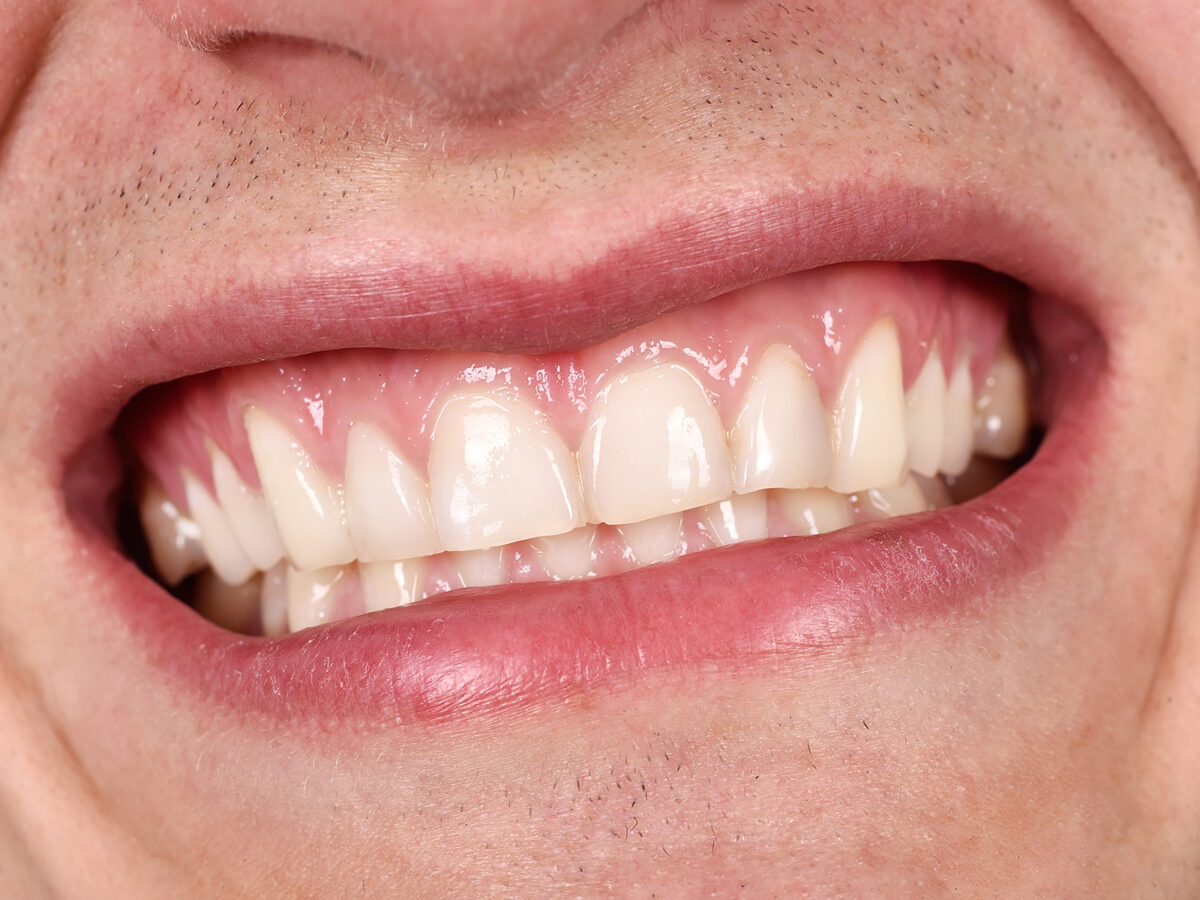In addition to taking care of yourself from the start, it’s important not to neglect your teeth as you age. Most of us forget to take care of our teeth, and as we age, we need to get some dental restoration work done for our teeth.
If you are looking to restore the condition of your missing tooth, you can either go for dentures or implants, depending upon your condition. There are various benefits of both these devices.
But because they ultimately serve the same purpose, it gets difficult to choose one over the other. So, if you want to know what advantages dentures and implants have and how they are different from one another, and which one is best for you, then keep on reading.
Difference between dentures and implants
Before jumping onto the benefits, let us see a basic difference between these oral care devices:
Dentures: They are the most effective method of replacing missing teeth. Their appearance is identical to that of real teeth. Having an oral impression taken by your dentist allows him to customize these fake teeth according to your mouth structure.
Full and partial are the two main types of dentures. Depending on how many teeth you plan to replace, you can get any of the above.
Implants: These devices are the replacement for tooth roots and are used to replace original tooth roots, and they are more permanent and sturdy in nature. After replacing the tooth, it is topped by a crown for better safety and protection.
Single tooth, implant-supported bridge, and implant-retained denture are three common types of these devices. You can go for the one that suits your oral condition the best after consulting your dentist.
Advantages of dentures over implants
There are many benefits to both dentures and implants. Therefore, it’s important to talk to your dentist about your options. But there is an added advantage of selecting dentures, which are as follows:
- Easy to Clean: Since fake teeth can be removed, patients can simply brush and floss them as they usually do. Compared to implants, you can easily clean them using a soft bristle toothbrush which will protect you from any potential gum disease.
- A quick and easy solution to missing teeth: Dentures are a quick and easy solution for missing teeth. It is also very effective and gives your teeth a natural-looking appearance in no time.
- Pocket-friendly: Compared to implants, denture comes on the affordable side. So, anyone looking to restore the quality of their teeth on a budget must go for this option.
- Can be removed: Dentures can be removed throughout the day, providing comfort to the patients. Any time during the day, they can be removed for any reason, which is not possible with a dental implant.
- Custom-made: Fake teeth are custom-made. Your dentist will ensure that your denture is only for you giving the ideal fit. As a result, you will not experience any discomfort when eating or talking.
Apart from these benefits, there are also some cons of dentures compared to implants. For example, a dental implant provides more stability while chewing food than a denture, or a dental implant is a long-term option if you don’t want to visit your dentist for regular changes and adjustments like in the case of a denture.
To tell you which of these devices is best for you is difficult because both offer the same effect regarding the teeth, and it can be overwhelming to choose the right one. So, it is vital to consult your dentist before going for either of these options because he can suggest better after analyzing all the dental issues.




